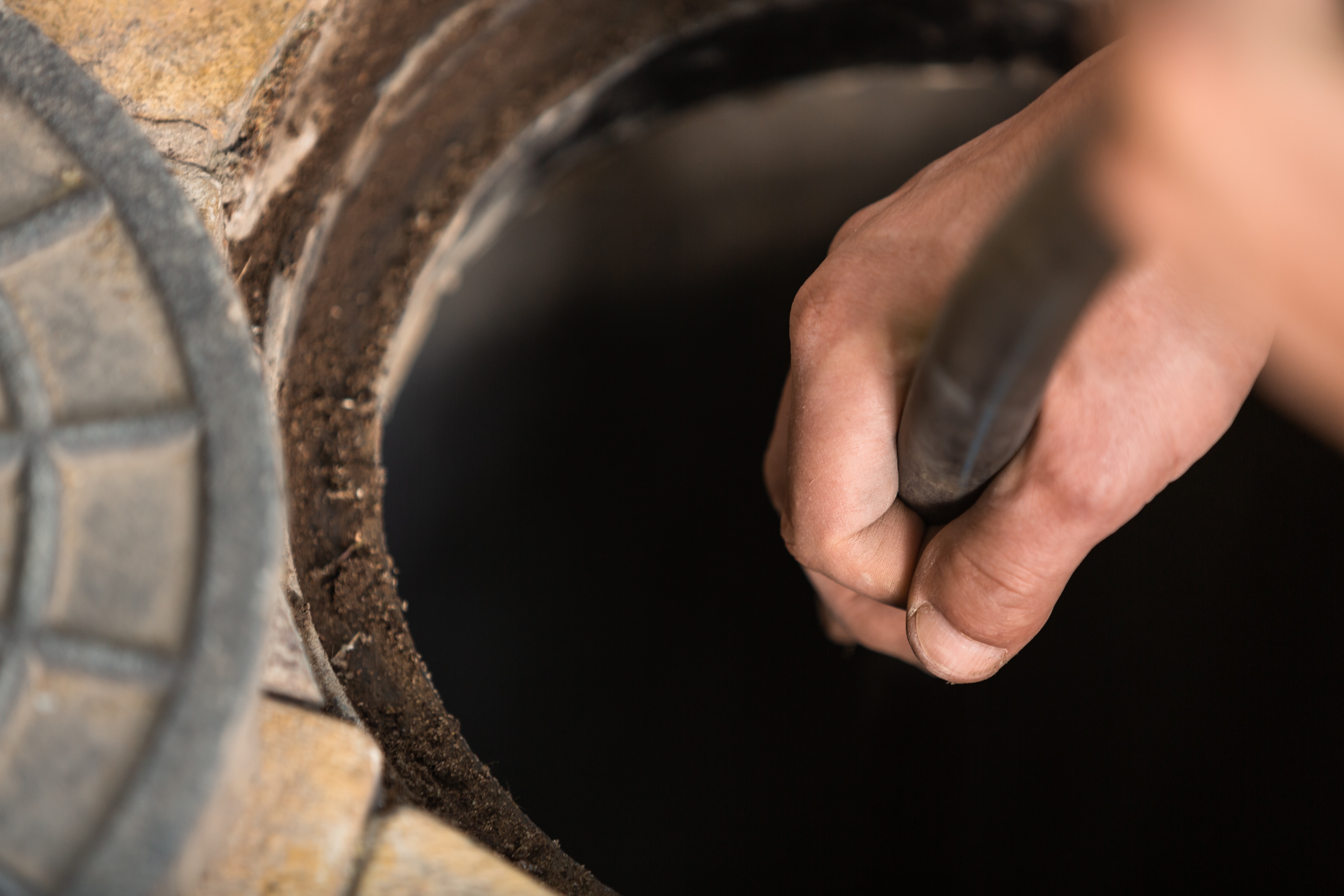Table of Contents
Understanding Drain Cleaning and Sewer Rodding
- Drain Cleaning:Drain cleaning is the process of removing accumulated debris, sediments, grease, hair, and foreign objects from drains, pipes, and sewer lines. Over time, these materials can accumulate and hinder water flow, causing slow draining, unpleasant odors, or even complete blockages. Drain cleaning helps restore proper drainage, prevent blockages, and maintain a healthy plumbing system.
- Sewer Rodding:Sewer rodding, also known as snaking, involves using a specialized tool called a drain snake or sewer rod to dislodge and remove blockages from sewer lines and drains. The drain snake is inserted into the affected pipe, and by turning and maneuvering it, it breaks down clogs, allowing the free flow of water. Sewer rodding is particularly effective in dealing with tougher or larger blockages.
Importance of Regular Drain Cleaning and Sewer Rodding
- Preventing Blockages and Clogs:Regular drain cleaning and sewer rodding help prevent clogs and blockages that can disrupt the flow of water in your plumbing system. By removing debris and build-up, you ensure that wastewater can move smoothly through the pipes.
- Reducing Foul Odors:Accumulated debris and blockages can lead to unpleasant odors emanating from drains. Routine cleaning eliminates the source of these odors, ensuring a fresh-smelling environment.
- Extending the Lifespan of Pipes:Clogs and blockages can put additional stress on your plumbing pipes. Regular cleaning and rodding help reduce this stress, potentially extending the lifespan of your plumbing system.
- Improving Efficiency:A clog-free plumbing system functions more efficiently. Drain cleaning and sewer rodding can enhance the speed at which water drains, improving overall plumbing performance.
Methods of Drain Cleaning and Sewer Rodding
- Mechanical Snaking:A drain snake or sewer rod is a flexible, long cable with an auger or blades attached at one end. It is inserted into the drain or sewer line and rotated to break down and remove clogs.
- Hydro-Jetting:Hydro-jetting utilizes a high-pressure stream of water to clear debris and clogs from pipes. It is highly effective and environmentally friendly.
- Chemical Drain Cleaners:Chemical drain cleaners use strong chemicals to dissolve clogs and blockages. However, they should be used cautiously as they can be harsh on pipes and harmful to the environment.
When to Seek Professional Help
While minor clogs can sometimes be dealt with using DIY methods, it’s important to seek professional assistance in the following cases:
- Persistent Blockages: If clogs keep reoccurring, there might be an underlying issue that needs professional diagnosis.
- Foul Odors Persist: If unpleasant odors persist even after attempts to clean the drain, it’s a sign of a deeper problem.
- Multiple Clogs at Once: If several drains are clogged simultaneously, it could indicate a blockage in the main sewer line.
Conclusion
Regular drain cleaning and sewer rodding are fundamental to maintaining a smooth-flowing plumbing system. By proactively addressing clogs and blockages, you can prevent larger issues and ensure the longevity and efficiency of your plumbing. Whether you opt for professional help or handle minor clogs yourself, understanding the importance of these services can save you from potential plumbing headaches down the line. Remember, a well-maintained plumbing system not only adds to the comfort of your home but also preserves the value of your property, making regular drain cleaning and sewer rodding a worthwhile investment for any homeowner. Keep the water flowing smoothly and maintain a healthy plumbing system by scheduling regular cleanings and addressing issues promptly when they arise. Your pipes will thank you with years of trouble-free service.












